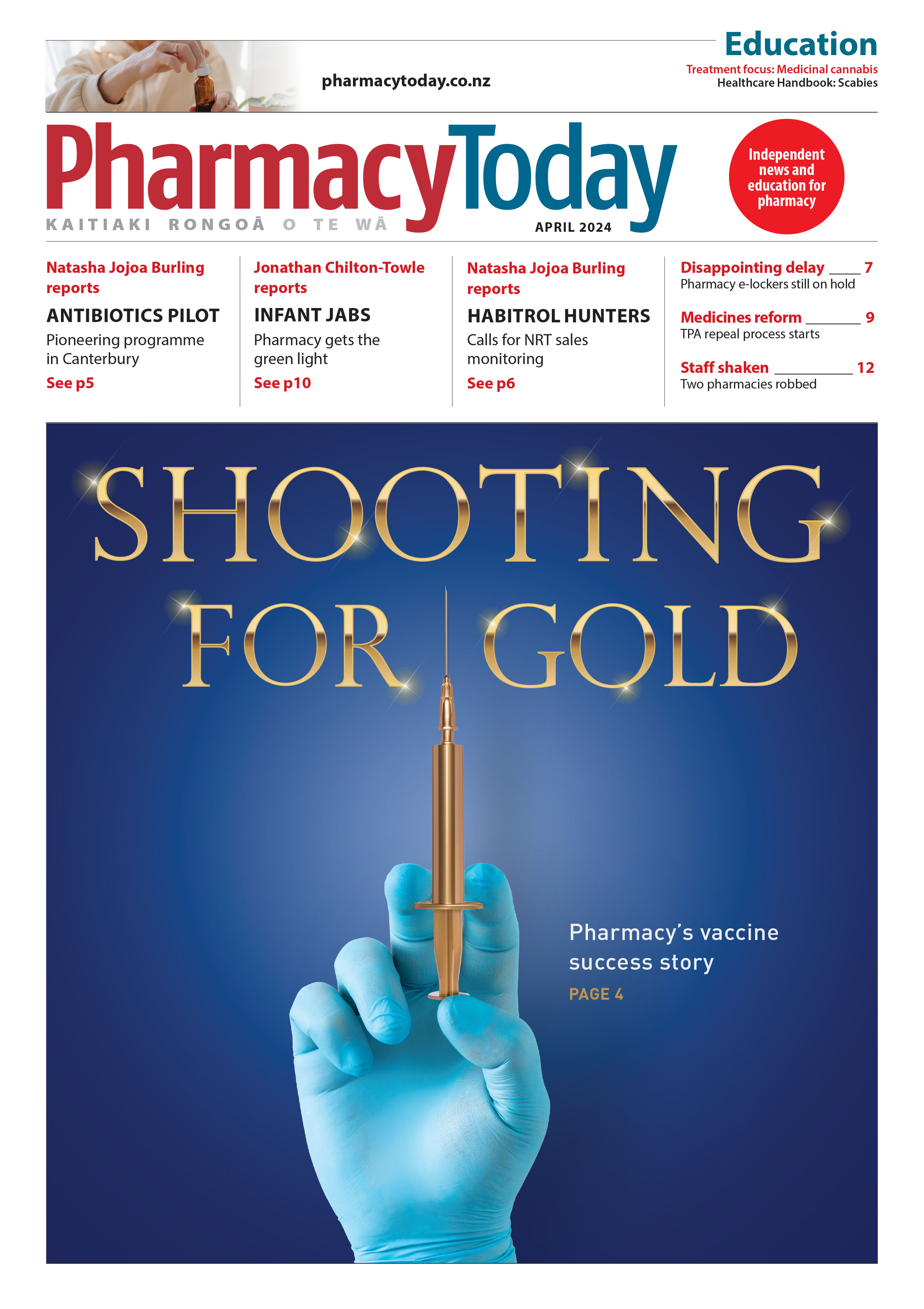In this article, Sue Frankland looks at the global problem of wastage of medications, including causes such as overprescribing and non-adherence. She also presents information from her master’s dissertation on how people understand, and respond to, medication expiration dates
Education Forum addresses the latest Assessment Centre results (update)
Education Forum addresses the latest Assessment Centre results (update)
Like many parties, we are critically interested in identifying all factors that might have contributed to the low pass rate for the November 2022 Assessment Centre (AC) and what may be required to improve the outcomes
Like many parties, we are critically interested in identifying all factors that might have contributed to the low pass rate for the November 2022 Assessment Centre (AC) and what may be required to improve the outcomes.
We indicated at the time results were released, that an Education Forum (the Forum) would be discussing this issue in detail early in the New Year. This update is to inform you of the outcomes of the Forum's meeting and the next steps to be taken.
The Forum was attended by representatives from the Schools of Pharmacy, University of Auckland, Otago University, the Pharmaceutical Society of New Zealand (PSNZ), and the Pharmacy Council (the Council). Background / Context University Undergraduate Programmes are responsible for delivering students that have met learning outcomes (i.e., Bachelor of Pharmacy graduates) who then progress into the EVOLVE Intern Training Programme.
Two New Zealand universities (University of Auckland and University of Otago) are currently accredited by the Pharmacy Council to provide the Bachelor of Pharmacy (B. Pharm) degree. The Intern Training Programme is the next step for the graduates and comprises a year of workplace training while completing the EVOLVE programme requirements.
At the completion of EVOLVE interns attend the AC. AC is the final assessment before pharmacy interns can register as a pharmacist in New Zealand and is delivered on behalf of Council by PSNZ. Council uses AC as a mechanism to determine that interns are competent to practice pharmacy without supervision. This allows Council to assure the public that successful interns are now safe and competent pharmacists.
AC is an Objective Structured Clinical Examination (OSCE). This method of assessment is often used for high stakes examinations such as registration or licensure of health care professions worldwide. The OSCE provides an objective and structured approach that mimics “real-life situations” faced everyday by practising pharmacists.
It assesses whether an intern can manage ten commonly encountered clinical situations safely and appropriately without supervision. The most recent AC was held on 10 November 2022, with interns being assessed simultaneously in either Auckland or Wellington. Final results saw 47 percent of 208 eligible interns pass the AC.
Council held an Education Forum on 1 February 2023 with providers of the undergraduate and intern education programmes to identify the factors that could potentially have contributed to these results.
Brief Update
The purpose of Council’s engagement with the education providers (i.e., representatives from the Schools of Pharmacy and from the Intern Training Programme) was to ensure that any modifiable factors that may have contributed to the poor AC results were identified and addressed.
The one-day Forum fostered constructive discussions on possible factors that may have contributed to the results and what initiatives may be required (including, possible changes or additions to programme delivery in universities, and as part of the intern training programme, and/or the assessment process etc).
Chief Executive of Council, Michael Pead says that Council and all the education provider representatives recognised how important it is for the profession to understand that there are many factors that possibly contributed to the recent low pass rate. Forum members acknowledge that this issue is complex, and it is unlikely that just one factor is responsible for this low pass rate.
The Forum unanimously agreed that further exploratory work is required. Meeting with all the parties involved in the educational journey of the interns (e.g., preceptors who are responsible for overseeing interns at their workplaces, hospital and community pharmacy employers, pharmacy students, and interns themselves) is critical.
The Forum acknowledged that this exploratory work takes time and does not provide any immediate answers for the cohort of interns impacted. However, there is a sense of urgency, as this situation is likely to be having a very real impact on the attractiveness of pharmacy as a career and therefore, an impact on student recruitment into undergraduate programmes. Council and PSNZ have provided constructive feedback to interns who have requested this, to help them in their preparations for the May AC.
It is also intended that we meet with interns who did not pass the November 2022 AC to further answer any concerns with the AC (in addition to the meeting mentioned above for interns).
The education providers are all committed to ongoing work that will allow them, together as a group, to further explore and understand possible contributing factors. The purpose is to identify possible refinements to existing processes, while ensuring that high standards are maintained and interns who pass AC are competent to practise as a pharmacist.
Further updates will be provided as work progresses.





